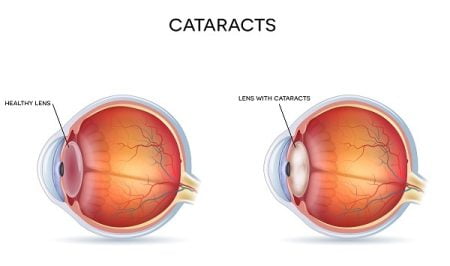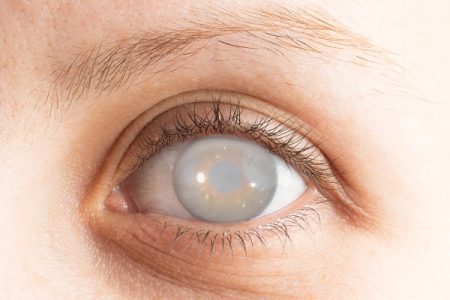Browsing: Cataracts
Comprehensive Information, Resources, and Support on Cataracts
Modern medicine has made eye surgery more accessible and effective than ever, providing more people with access to surgical solutions…
Most cataract surgeries give successful results but in some cases, after a cataract surgery, the patient may start to face difficulties with his/her vision again. He or she may experience blurred vision, glares and other vision problems which are though uncommon after the surgery.
Cataracts are dense and cloudy areas that form in the eyes and lead to opacification of the eye lens. There are different types of cataracts based on their location and origin. Cataracts in the eyes are mostly formed in three basic areas of the natural eye lens: the center of the eye lens, the outer portion of the lens, and the back surface of the lens.
Cataract: Symptoms and Diagnosis
In order to determine whether you have a cataract or any other eye problem, your doctor will review your symptoms and medical history. He or she will perform a thorough eye examination. She may recommend certain tests such as visual acuity test, slit-lamp test, and retinal examination for the diagnosis of cataract and rule out other problems.
How Is Your Cataract Treated?
If your vision can be corrected with glasses or contacts, your doctor will recommend them to you. If cataracts affect your daily life, you may need cataract surgery. The surgery is usually successful and you can go home the same day. The surgeon will replace your lens with an artificial one.
What Is a Cataract?
A cataract is defined as clouding of your eye’s natural lens. Cataracts are the most common cause of vision loss in people over the age of 40. It is the most common cause of blindness in the world. There are as many as 22 million Americans aged 40 and older with cataract.
Cataract: Causes and Risk Factors
You develop cataract when protein builds up in the lens of your eye and makes it cloudy. There are different types of cataracts which may be caused by different factors. Common causes are genetics, trauma, age, certain medical conditions such as diabetes, use of certain medicines, and exposure to radiations.










